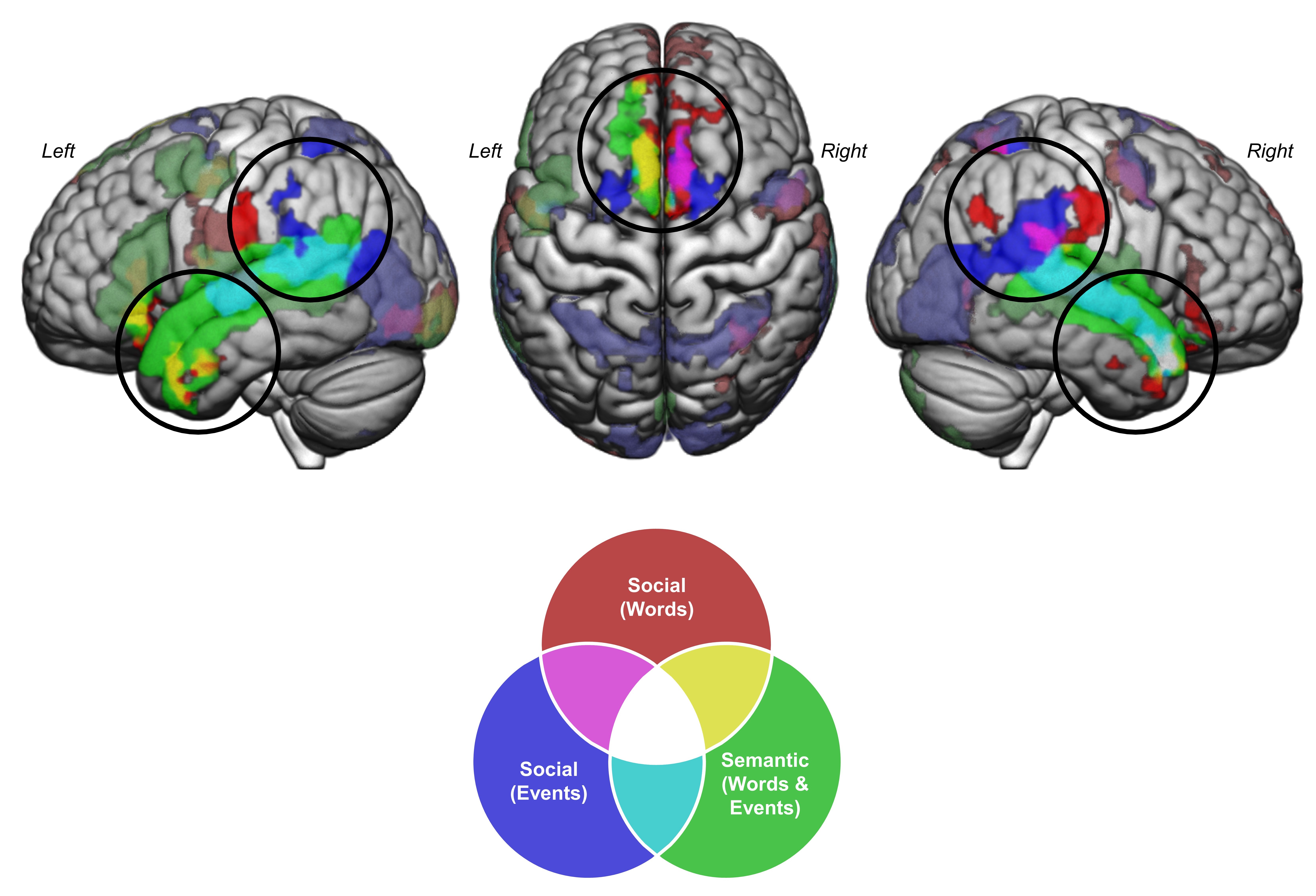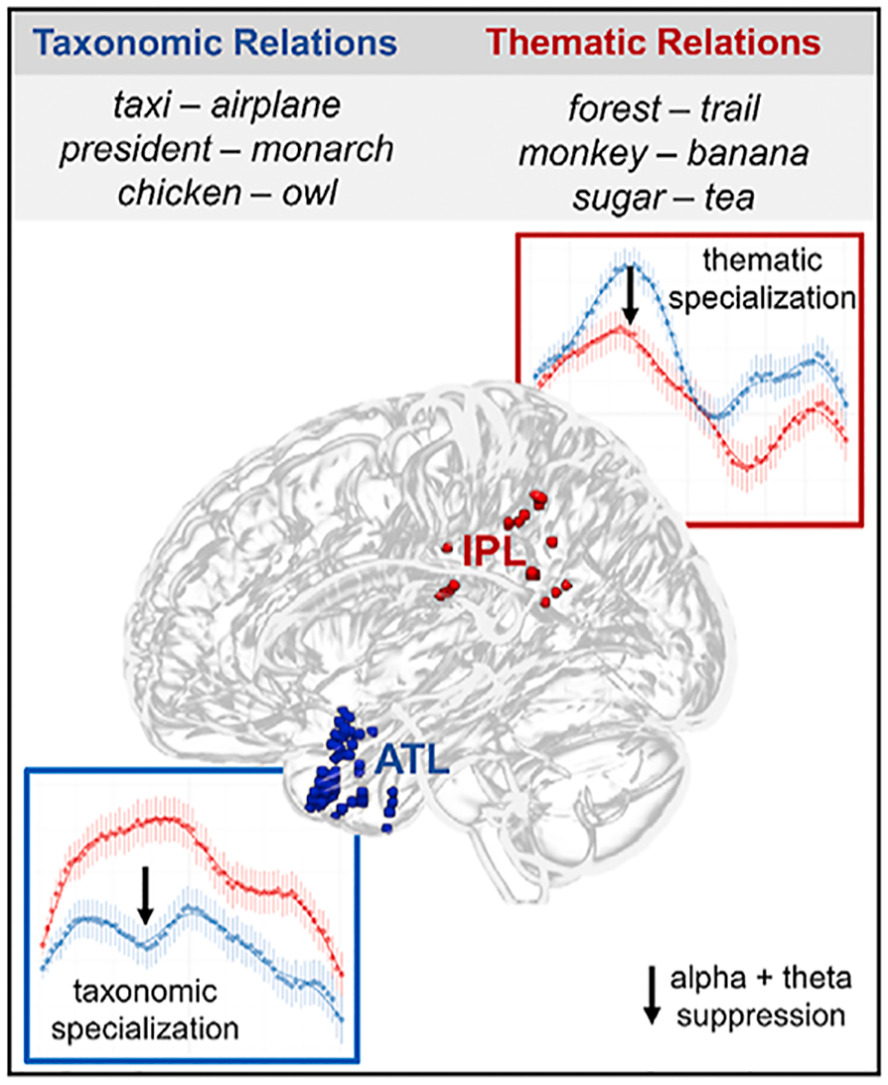I am a cognitive neuroscientist interested in how people understand complex narratives. My research focuses on the ways in which semantic and social cognition facilitate narrative comprehension, how this skill and the brain networks that support it change across development, and, in an emerging line of research, the role of individual differences in narrative cognition. In this latter work, I am applying precision neuroimaging techniques to characterise the topography of dissociable default networks within individuals to better understand the unique contributions these networks make to narrative processing. I am separately examining how differences in the perception of narrative content may drive differences in engagement of the default, social, and semantic brain networks.
My research is motivated by three fundamental themes:
(1) Investigating interactions across cognitive systems
(2) Studying cognition in context using naturalistic paradigms
(3) Examining development of cognitive systems that support real-world processing
To investigate these topics, I use behavioural and neuroimaging methods, most consistently functional magnetic resonance imaging (fMRI). Where possible and when the research question is well-suited for it, I use naturalistic stimuli, such as narratives and movies, to better approximate cognition as it occurs in day-to-day life.
I am currently a postdoctoral research assistant in the School of Philosophy, Psychology and Language Sciences working with the Richardson Lab on a BBSRC funded project which aims to clarify the neurocognitive mechanisms of emotion concept understanding in school-aged children.


